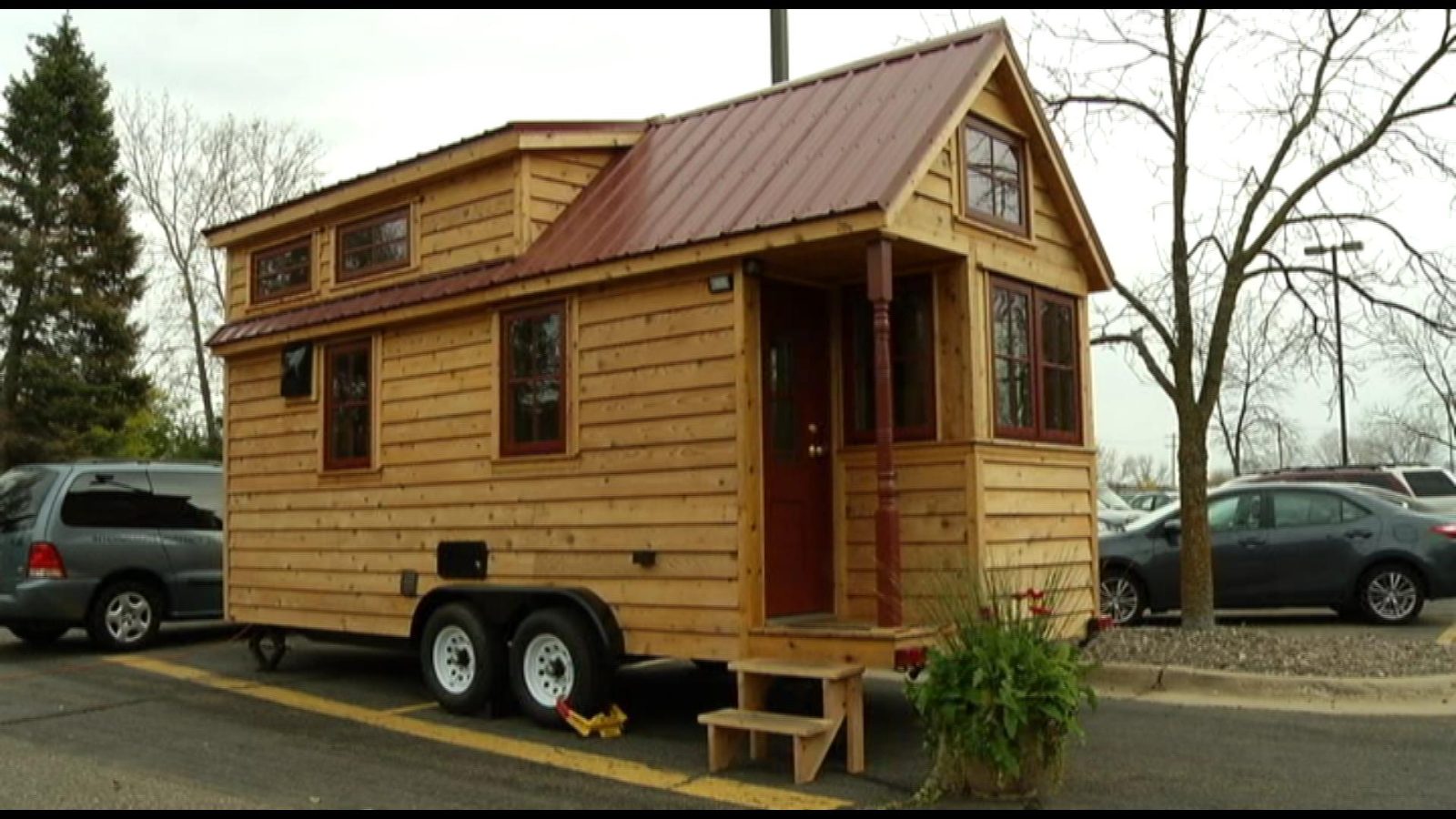Plymouth Revisits Ordinance Over ‘In-law Suites’
Plymouth may expand the swath of homeowners eligible to build accessory dwelling structures on their property.
The Plymouth Planning Commission approved a policy that would allow all single-family property owners to construct an accessory dwelling unit on their land.
The Plymouth City Council is expected to discuss the issue at its June 27 meeting.
Accessory dwelling units are also known as tiny houses, guest cottages or in-law suites. They are generally a self-contained living area with their own plumbing, cooking and sleeping facilities.
Frequently, they’re built as garage loft, a basement with exterior access, or as an entirely separate secondary structure.
In Plymouth’s current city code, a limited number of the city’s newest residential properties — those platted after 2001 in subdivisions of 10 or more lots — are eligible to construct an accessory dwelling unit.
However, residents often ask the city to expand the policy to more properties.
“We’re getting more and more calls for this as housing prices, interest rates, construction costs continue to go up,” said Chole McGuire, Plymouth planning and development manager. “I would say we get at least one a week about these. And we do have people doing this already, they’re just finding small loop-arounds in our code to make it fit the current requirements.”

Plymouth may expand the swath of homeowners eligible to build accessory dwelling structures on their property.
New Plymouth Accessory Dwelling Unit Policy
In the new policy, any single-family property homeowner would be eligible to construct an accessory dwelling unit.
The structure could be used to house a family member, such as a parent or a college student. It could also house a rental tenant or a caretaker.
However, short-term rentals such as an Airbnb or a VRBO would be banned.
Accessory dwelling units would be restricted in size either 1,000 square-feet, or the size of the original home on the property, whichever is smaller. Minimum sizes would be 200 square-feet.
The original draft of the policy required applicants to have additional off-street parking for accessory dwelling units. The commission removed that requirement from the policy.


